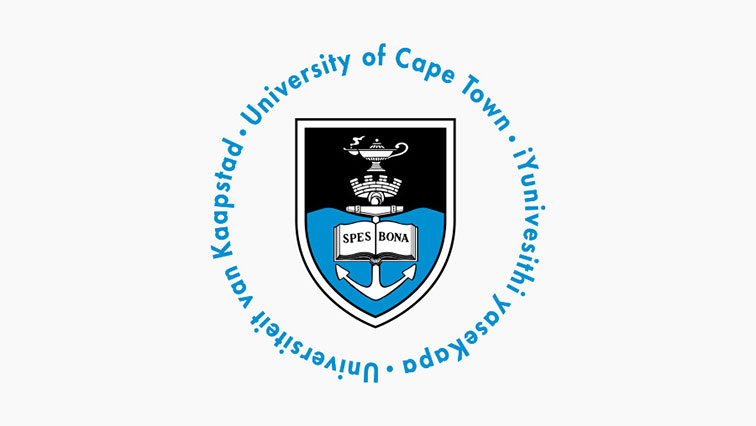| Conservation Biology Masters Course |
| Find out more about the Conservation Biology Masters Course and the projects completed by students from previous years. Applications need to be submitted by no later than August for commencement in January the following year. |
Nosipho Gumede
BSc Hons (UNISA)
Nosipho grew up in Eshowe, known for being a home of the “Big Five”, on the North-coast of KwaZulu Natal, South Africa. Her love and passion for animals started when she was young, as she was exposed to domestic animals and wildlife. Initially, she wanted to be a vet but could not stand to see animals in pain. So Nosipho pursued her studies in Zoology through UNISA, moving to Johannesburg in 2016 where she became a teaching assistant at Wits University using scat analysis to study the diet of lions and African wild-dogs.
In April 2018, Nosipho took up an opportunity with the Department of Environmental Affairs, as an intern in the Top Predators research group. She was involved in research work, data collection, data capturing, database management and data analysis of marine mammals (Cape fur seal and cetaceans), sea-birds and turtles. She participated on ship-based surveys of marine mammal and seabird distribution, at-sea and ashore tagging, the dissection of different cetacean species and preparation of biopsy samples, creating the humpback whale fluke identification database, the rescue of stranded Marine mammals and the management of boat-based whale watching (BBWWW) databases, the management of the diet of Cape fur seals. Nosipho participated on the IEPs survey onboard RV Algoa, Science exhibitions, the Good deeds (Source to Sea) program, the IIOE II, SEAmester and SANAE onboard the RV SA Agulhas II and the Southeast Atlantic Ocean survey onboard the RV Dr. Fridtjof Nansen. During the internship, Nosipho completed her BSc Hons in Zoology, focusing on the variability of Cape fur seals diet in Lamberts Bay from 2014-2018, again using scat analysis.
Nosipho registered for a MSc degree at the FitzPatrick Institute in April 2020 and will continue to study the composition of Cape fur seals diet (2010-2019) in the South African breeding colonies, seals-fisheries interaction, seals-seabirds overlap for space and prey species, supervised by Prof. Peter Ryan (UCT) and Dr Azwianewi Makhado (DEA).
Departments

